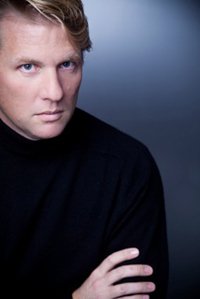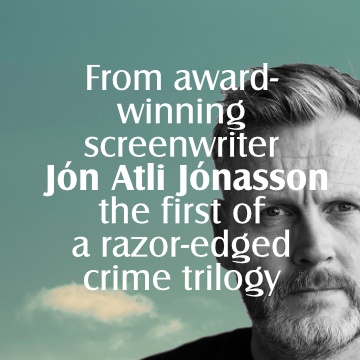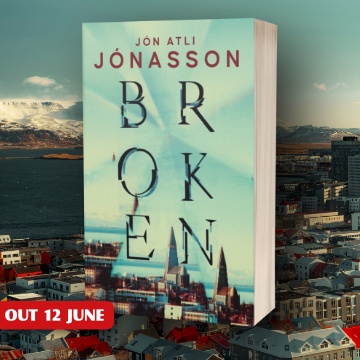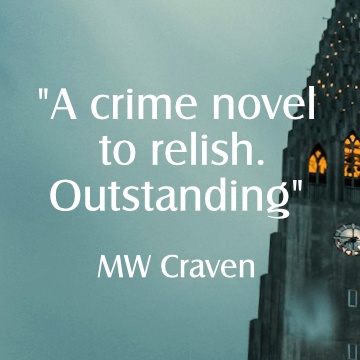 Having written several non-fiction travel books, Jason Webster has turned his hand to crime fiction and his first novel Or the Bull Kills You was longlisted for the CWA John Creasey New Blood Dagger last year. It has since been picked up by Random House and came out at the beginning of the month. Webster is married to a flamenco dancer, has two children and lives in Valencia, where the book is set. The book has been described as ‘Mediterranean noir’ so while we catch up with actually reading it we thought we’d ask him how it all came about…
Having written several non-fiction travel books, Jason Webster has turned his hand to crime fiction and his first novel Or the Bull Kills You was longlisted for the CWA John Creasey New Blood Dagger last year. It has since been picked up by Random House and came out at the beginning of the month. Webster is married to a flamenco dancer, has two children and lives in Valencia, where the book is set. The book has been described as ‘Mediterranean noir’ so while we catch up with actually reading it we thought we’d ask him how it all came about…
Tell us a little bit about Or the Bull Kills You – who’s in it and what’s it about?
It’s set in the world of bullfighting. The title comes from a traditional saying – ‘Either you kill the bull, or the bull kills you.’ My detective, Chief Inspector Max Cámara of the Spanish National Police is called in to investigate the murder of Spain’s top matador. The problem is, he hates bullfighting, like most most Spaniards.
It’s interesting that one or two people have come up with the term ‘Mediterranean noir’ – what would you say characterises that sub-genre?
Perhaps colour, humour, passion and a certain sensuality that can be found in attention to food and wine, as well as a sexual undertone to many relationships. The first person who mentioned this to me was a Spanish bookseller here in Valencia who couldn’t stand the Scandinavian writers because, he said, he found them too grey and serious.
You’ve had four non-fiction books out previously. Why did you decide to write crime?
I enjoy reading crime and had been thinking about delving into it for some time – writing it, that is. In the end it simply felt like the right thing to do. Many things are quite similar to my previous writing – you still have to think about pace, narrative structure, characters etc in non-fiction. The biggest adjustment came in the sleight-of-hand you have to perform as a crime novelist, revealing and not revealing clues as you go along.
How has going up for the CWA New Blood Dagger helped?
It was only long-listed in the end, but it was still a great boost. Something like that can help sales, and more importantly perhaps at this early stage in my crime writing career, it helps to get the people who work with you – publicists, sales people, editors, etc – behind you.
What are the things you hope crime fiction lovers will enjoy most about the book?
It gives an insight into Valencia, a city that has traditionally been overlooked by anglophone writers. Also, I did a lot of research into bullfighting for the book. Violence lies at the heart of crime fiction, so it was interesting to combine an essentially violent activity like bullfighting with a crime story. There are all kinds of possibilities for exploring the inevitable emotional tensions and moral grey areas that get thrown up as a result.








